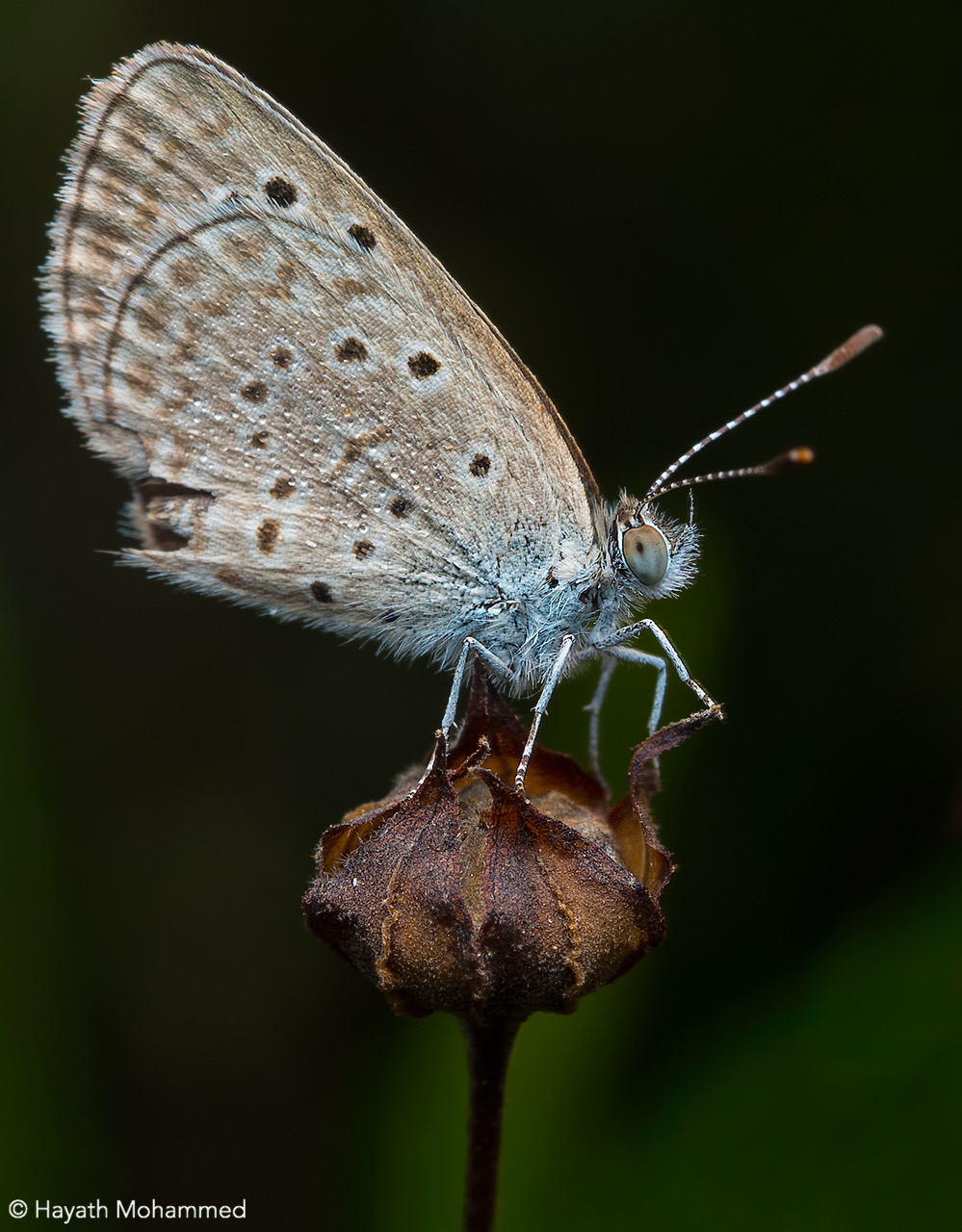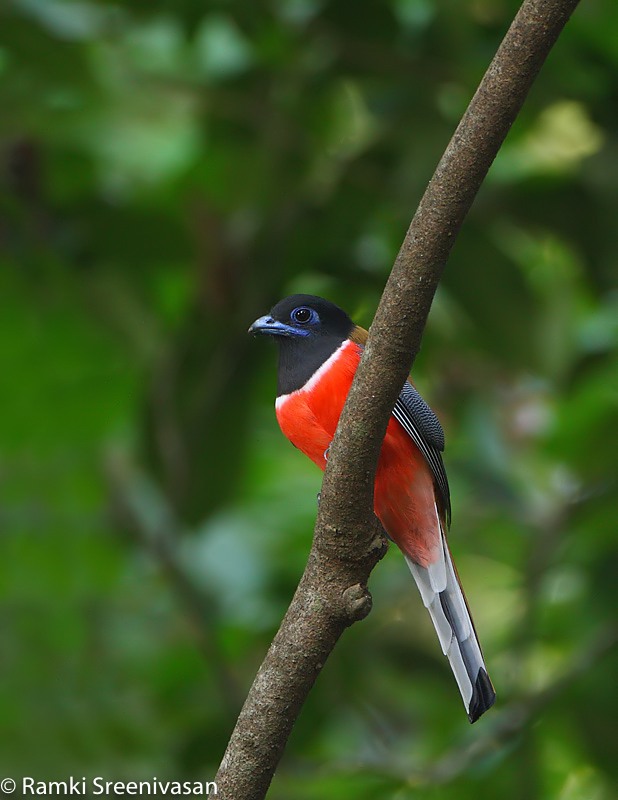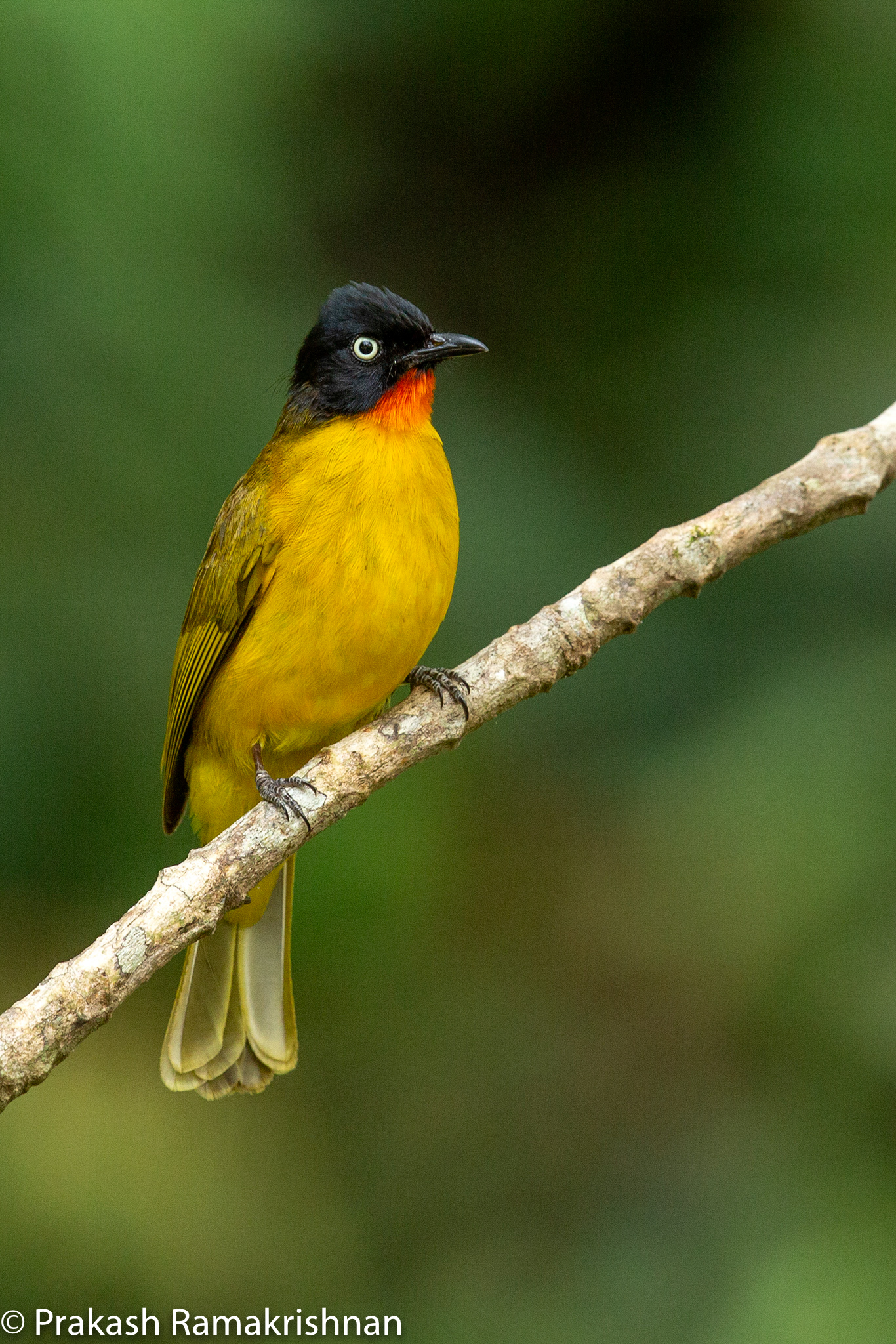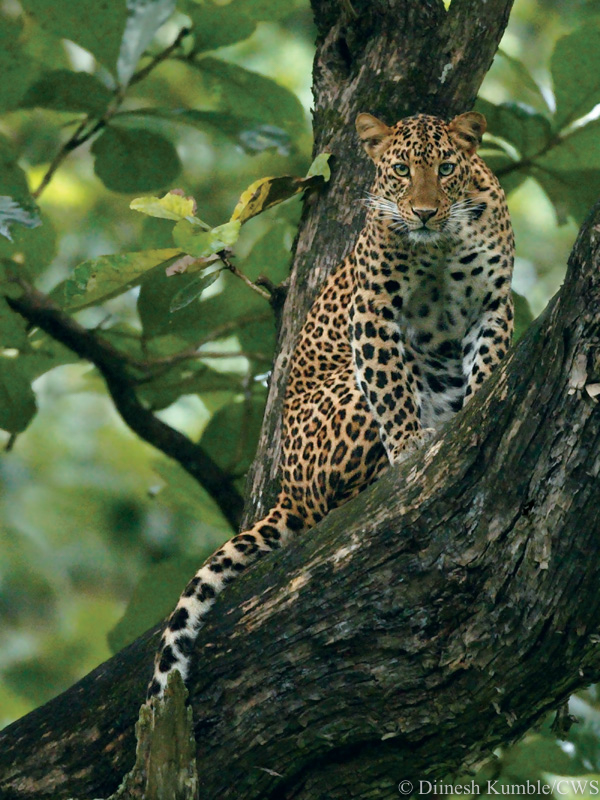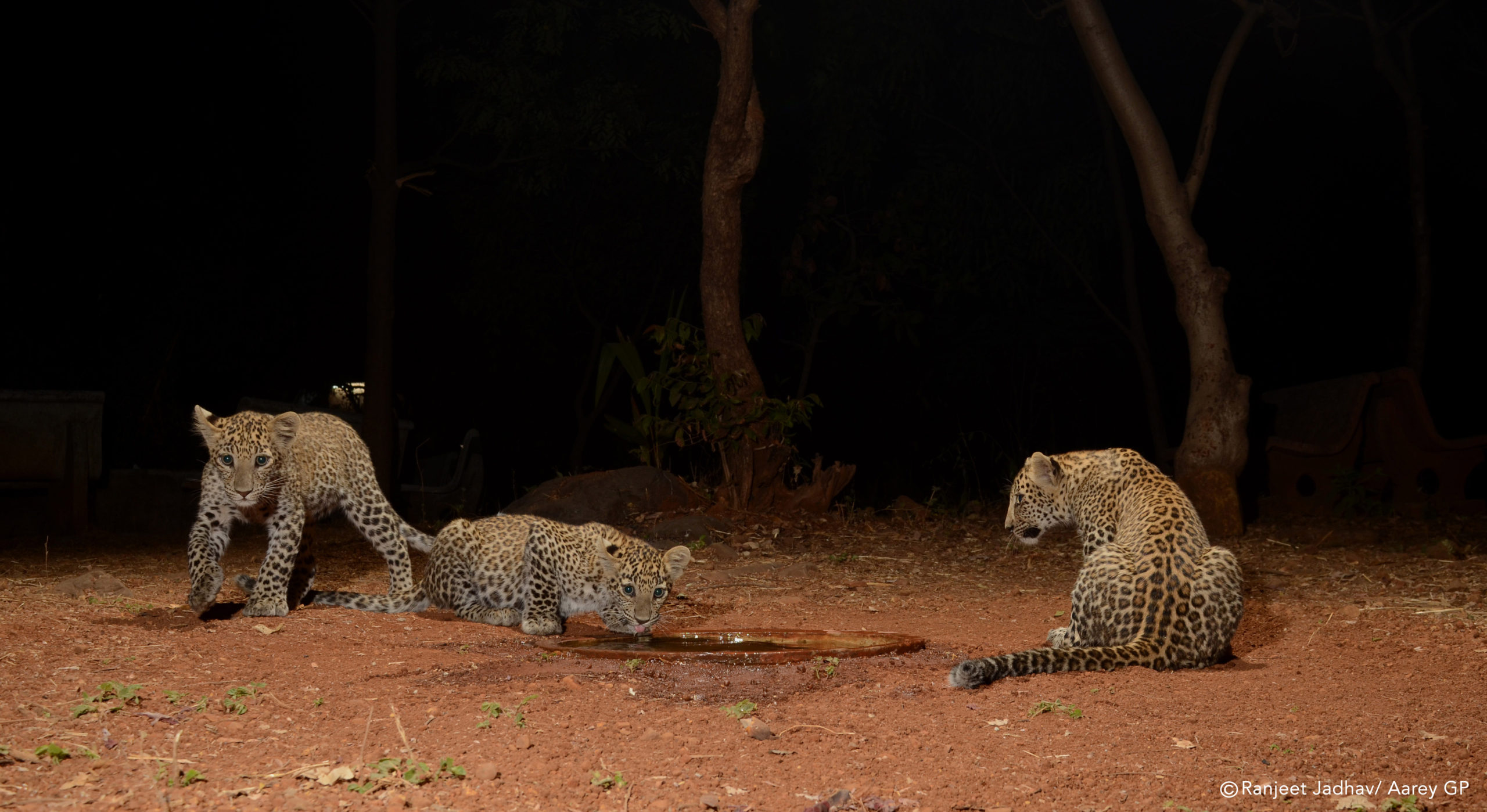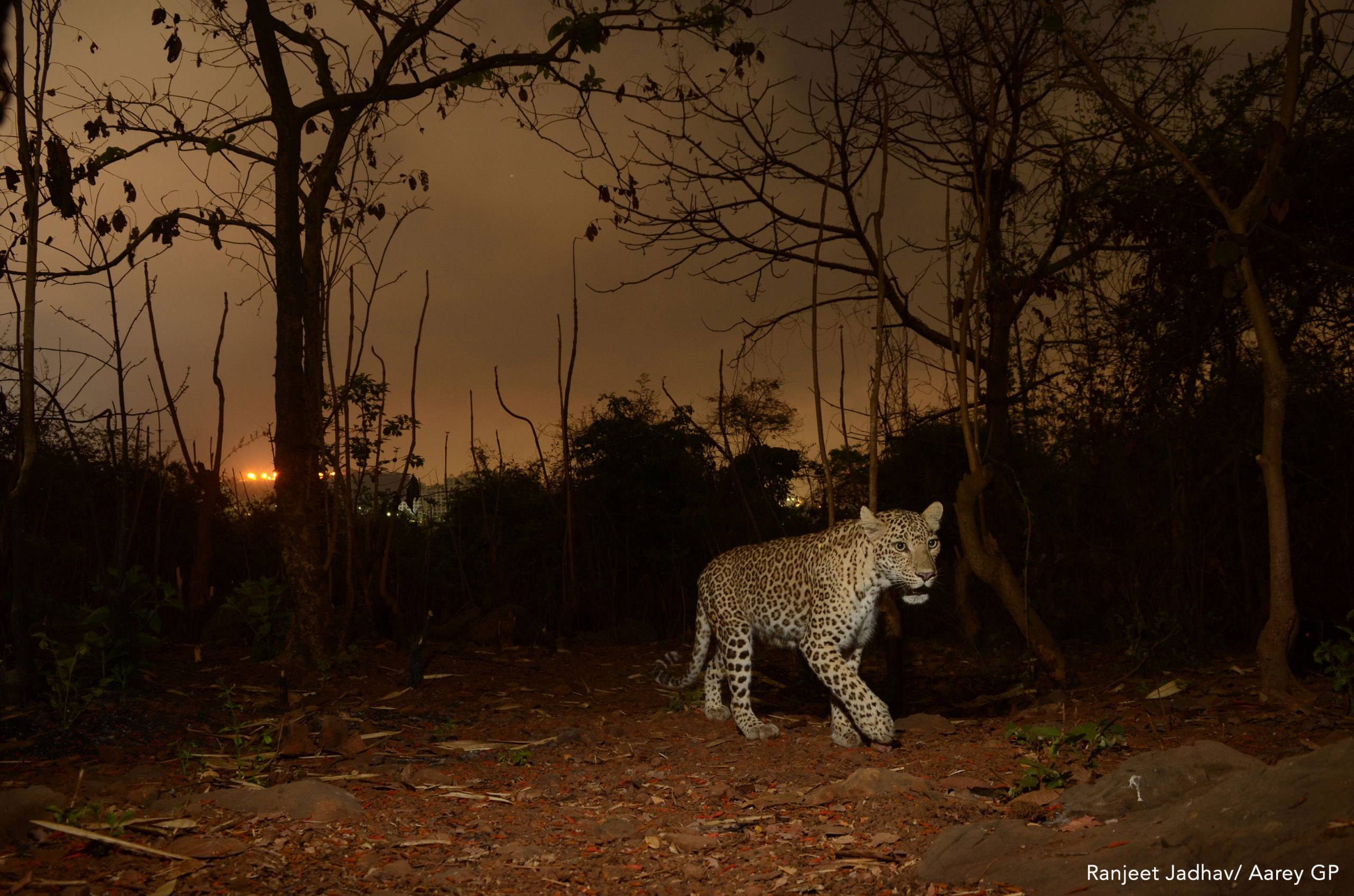ಕಾಫಿ ಕಾಪಾಡುತ್ತಿರುವ ಜೀವಿಗಳು: ಪಶ್ಚಿಮ ಘಟ್ಟಗಳ ಕಾಫಿ ತೋಟಗಳಲ್ಲಿ ಚಿಟ್ಟೆಗಳ ಅಪಾರ ವೈವಿಧ್ಯತೆ
ಲೇಖಕರು: ಮಿಷೆಲ್ ಲ್ಯೂಯಿಜ್ ಅನುವಾದ: ಸೌರಭಾ ರಾವ್ ಈ ಲೇಖನ, ಸಂರಕ್ಷಣಾ ಪ್ರದೇಶಗಳ ಹೊರಗಿನ ಜೀವವೈವಿಧ್ಯತೆ ಎಂಬ ವಿಜ್ಞಾನ-ಲೇಖನ ಸರಣಿಯಲ್ಲಿ ಎರಡನೆಯದು.NCBS ಮತ್ತು CWS ವಿಜ್ಞಾನಿಗಳು ನಡೆಸಿರುವ ಒಂದು ಅಧ್ಯಯನದ ಪ್ರಕಾರ ಕರ್ನಾಟಕದಲ್ಲಿನ ಕೃಷಿ [...]

